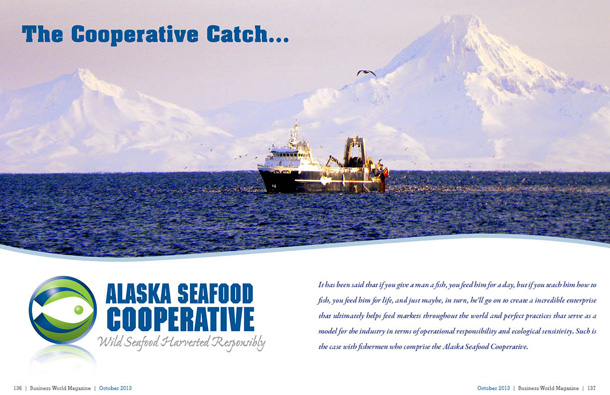
Martin Boulton
THE AFL’s decision to drop Qantas and sign with Virgin Blue as the league’s official airline carrier could increase the risk of players contracting deep vein thrombosis, according to a leading sports physician.
As the AFL Players’ Association waits for a league response to concerns with the new arrangements, Peter Larkins said the physical demands on players made every hour of recovery time crucial and they needed room to stretch on flights.
Hawthorn has already approached the AFL about chartering a plane for its trip to Perth for the opening round of the NAB Cup amid scheduling concerns, while a lack of leg space has other clubs fearing cramped conditions.
Advertisement: Story continues below
”One of the things that’s changed most about footy in recent years has been the focus on recovery after training and after matches because the next match can come around so quickly,” Dr Larkins said.
”Deep vein thrombosis is the most common scenario from sitting still for too long with your knees bent in a confined space – in other words kinking off the veins at the back of your calf and knee.”
Recently retired ruckman Peter Everitt, who played with St Kilda, Hawthorn and Sydney, said ”everyone’s trying to get an edge” in the competition and players could be at risk from travelling for too long in cramped conditions.
”I enjoy Virgin, they’re a very good airline, but the problem is there’s only so many exit rows,” he said.
”Qantas would always give the big fellows an exit row, so it will be interesting to see if the same applies with Virgin. It’s the longer flights coming home when you cramp … so that could hamper the players even further.
”It might sound pathetic to a lot of people, but an extra three or four inches of leg room makes a big difference – I couldn’t sit for more than an hour-and-a-half in a normal Virgin seat, no possible way.”
In November the AFL ended its partnership with Qantas, which has greater leg room in economy class as well as business class, after the league sought an exclusive arrangement – something Qantas could not offer because of its commercial links with soccer, rugby and rugby league.
Dr Larkins said players these days went to great lengths to reduce lactic acid and swelling in their legs after competing and clubs put enormous resources into treating them as soon as possible after games.
”Anything that makes players more sore or more uncomfortable in that first six or eight hours after a match could cost them an extra day in terms of the soreness going away,” he said.
”To sit cramped without being able to stretch out creates pooling of waste products in the muscles and makes you more stiff, so if you’re six foot, 10 like some of these guys it’s the timing of the travel and the physical space that’s important.”
West Coast has expressed concerns about the new travel arrangements, fearing ruckmen Dean Cox and Nic Naitanui might even have to stand on interstate flights because of the lack of leg room.
Hawthorn president Jeff Kennett has labelled the AFL ”bloody arrogant” after clubs and the players’ association were not consulted about the switch.
The association said it was waiting for a response from the league following meetings last month.
”AFL player representatives raised a series of concerns, potential solutions and requests for information with the AFL in early December, ahead of the new arrangements coming into effect (this month),” spokesman Ben Hart said.
”We understand the AFL is liaising with Virgin Blue on these issues and will get back to us within the next month.”
Last year St Kilda was given $5000 to help hire a charter flight to Perth and Collingwood has previously used private flights – and flown at lower altitude – to give players more comfort.
Source: www.theage.com.au







